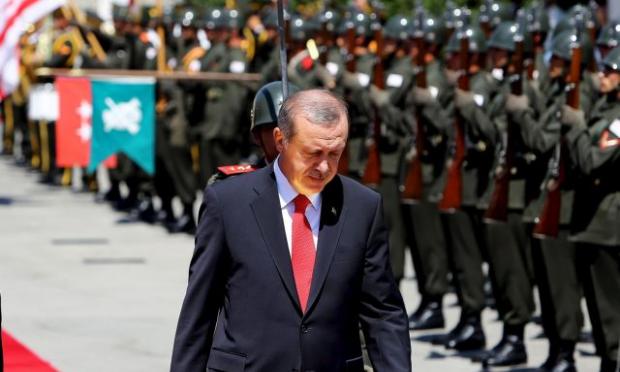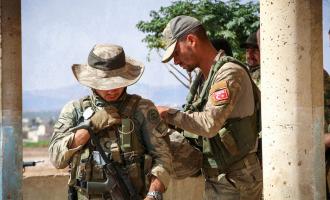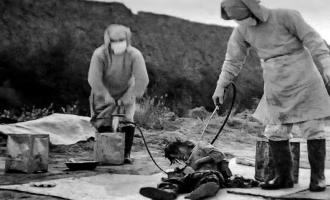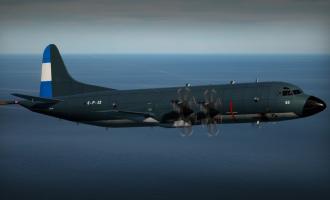Unexpectedly a bill entered the Turkish parliament by the ruling Justice and Development Party (AKP) of President Recep Tayyip Erdogan, which includes some amendments to the law on conscription and the case of war personnel and armed forces.
According to the law on conscription in case of war, which was passed in 1983 and is still in force, any decision regarding the sending of the Turkish army on a mission abroad or the permission of foreign armed forces to enter Turkey belongs to the president.
However, the president must also take into account the approval of the Chief of Defense when making such decisions. Once the amendments to the law are approved in the new bill, the president will take into account the views of only the Minister of Defense instead the Chief of Defense.
Under current regulations, the head of the Turkish Armed Forces has the power to prosecute generals and senior officers who commit war crimes. However, when the legal amendment is implemented and becomes law, this principle will be transferred to the Ministry of Defense.
In essence, the Turkish president is removing all power from the hands of the Turkish army due to two basic scenarios:
A. Because he fears a possible new coup attempt due to the bad situation inside the country (huge unemployment, general dissatisfaction, hunger, persecution, etc.)
B. Because he prepares his own plans in the Eastern Mediterranean and the Aegean, and elsewhere, without receiving the approval of the Turkish General Staff, forcing the army into a subordinate role.
There is a third scenario that says that both of the cases above can and might happen.
"The Turkish army has functioned as an independent authority since the founding of the Turkish Republic in 1923. After 2002, a number of constitutional and legal reforms required by the European Union were introduced, which the AKP government used as a lever to limit military power", said Metsmet Akça, a Turkish military expert.
Following the failed military coup of July 15, 2016, Erdogan's control over the military has expanded significantly. The failed coup, which for Ankara was orchestrated by the Islamic movement of Fethullah Gülen, a former AKP ally, led to massive persecution of military personnel.
"The powers that were given to the army as well as to various other military organizations have either expired or been curtailed," Akça said. On the contrary, the powers of the Turkish Defense Ministry increased to a great extent, while the period from now on is foggy and difficult for everyone.
The bottom line is that we may have a possible war between the deep Turkish state and the AKP Islamic movement, which wants to turn Turkey into an Iran-type state.
On the other hand, the unstable character of the Turkish president and the supremacy he now has in his hands, make him dangerous even for a possible military outbreak in the Eastern Mediterranean with the involvement of numerous countries, one of which is probably Greece, due to the completely irrational and lawless demands of the Turkish government and its Blue Homeland fantasy.
*Edited and translated by Evangelos D. Kokkinos

















